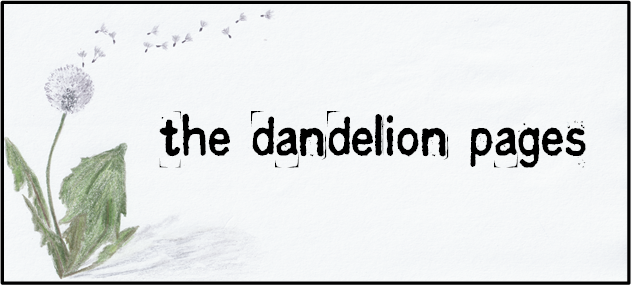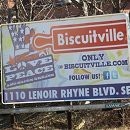
They play it on NPR stations around the country, at noon, though sometimes WNCW waits until 12:07 because of announcements and such. I wrote them a strongly worded letter about this last year, on the subjects of sacrilege and responsibility to the public.
It was August of 1996. Stuffed into the back of my old dark blue Pontiac T1000 hatchback were my possessions in life. A laundry basket full of my clothes, a suitcase containing my cassette tapes and toiletries and a lot of socks. A Caboodle organizer, pillows, a blanket, a radio, books, things I can’t recall, but it all had to be stuffed in to the gills. Everything I owned, the shirt on my back, a cassette player and some batteries, and twelve hours of driving ahead.
I left home for real. I had dropped out of college at Carolina because I ran out of scholarship money and didn’t know what I wanted to be when I grew up, if I ever grew up. It made sense. A friend had offered me a place to stay in a town just north of Tampa, until I could get on my feet.
I set sail. I had glanced at a map before I left. I found my way around the Atlanta beltway and stopped in Valdosta to eat at a Shoney’s, marveling because I had only heard of Valdosta as a far-away place. I continued, noting the changing vegetation, Spanish moss, palm trees, hot wind when the window was rolled down. I was nineteen years old, so I drove five miles per hour over the speed limit, terrified of being pulled over. Cars whizzed past me on the left. My journey took a long time.
I stayed with Bill and Dawn for six months before finding my own apartment. It was in their home that I was exposed to folk music beyond Nanci Griffith. Dar Williams became a taproot for me. Later, Kate Campbell’s music changed me forever. But there is an afternoon I recall, when Bill took out a vinyl album of Arlo Guthrie’s Alice’s Restaurant and said, “You need to listen to this. It’s long. Pay attention,” and set the needle to the very outside, to the first track.
I did listen. I thought it was odd, but I laughed. I laughed a lot. Then I told him I didn’t like it, but within a year, I had gone out and bought a cassette of it.
And when the Pontiac became a Nissan Sentra, and another newer Sentra, when Florida returned to North Carolina, when NPR boosted its signal and I could tune in on the car radio, when I had a cassette player in my car, I learned every word of “Alice’s Restaurant” until I could sing it with perfect timing.
Every year at Thanksgiving, NPR still plays it at noon, and I rush over and turn up the volume on the sound system. “They’re playing it!” I yell toward the kitchen. Then I return to stirring the cranberries as they simmer, and I sing every word.
But I think it sounded better on vinyl.




